
How Cedar Trees in Seattle Are Vital to the Environment Fraser Valley Cedars
Using Eastern Red Cedar in Your Garden. This tough tree has lots of uses, and you will love its foliage color and bright berries. If you have a windswept new garden, use this tree as a windbreak, making sheltered spaces for your other plants. Plant in a single or double row, spacing trees between 4 and 10 feet apart, depending on how quickly.
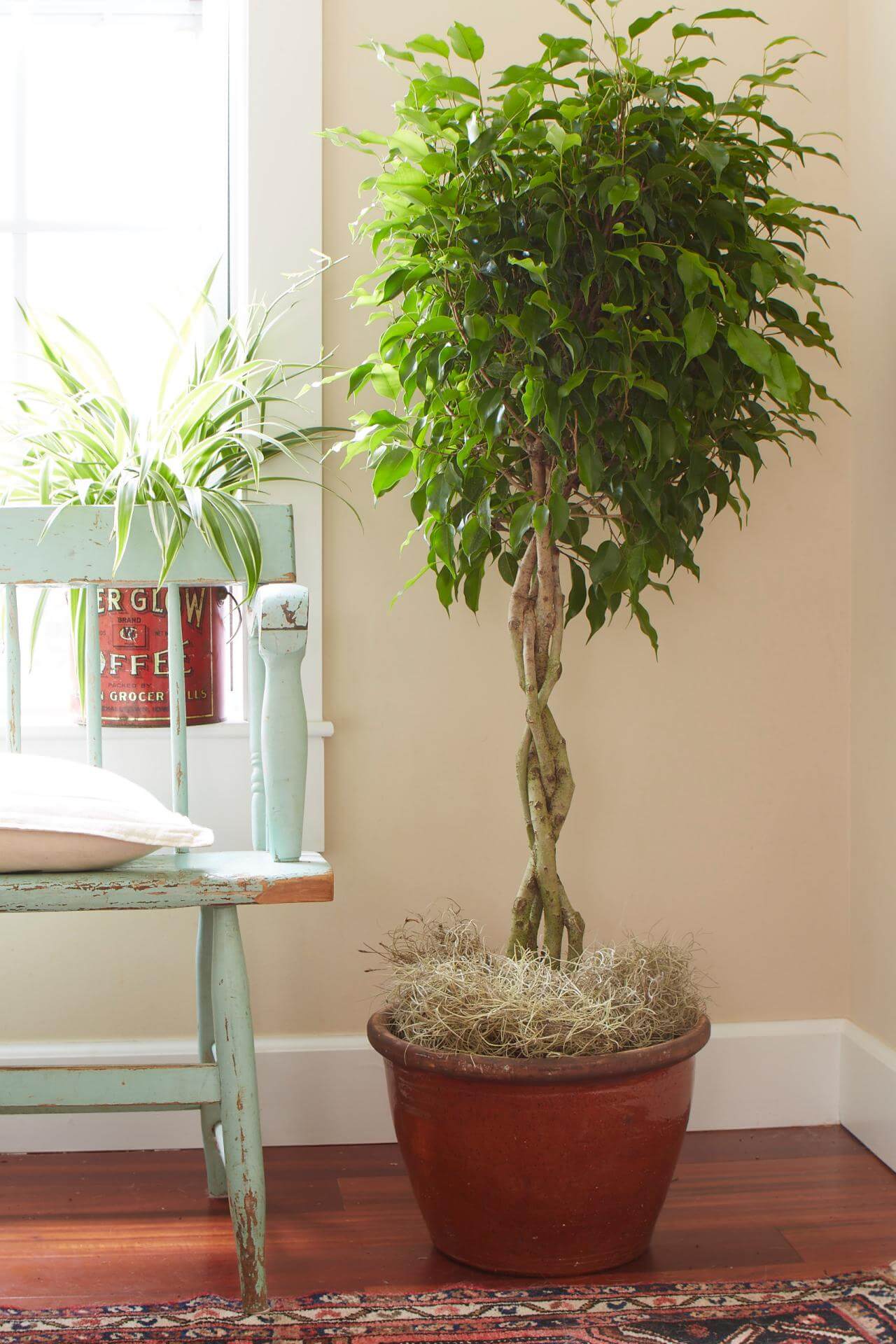
21 Tall Indoor Plants With Big Leaves The Architecture Designs
Now that you've selected the perfect spot and determined the quantity needed, it's time to plant your emerald cedars correctly. Follow these steps for a successful planting process: Dig the Hole: Dig a hole wider than the root ball and to the depth of the root ball. The top of the root ball should be level with the top of the ground.

Help! My cedar trees are dying from the inside out! Southern Ontario sorry for the potato
Technically, there is no limitation on when you can plant your cedar trees; you can plant them in any season as long as you are capable of digging a hole; however, the best time to plant your cedars is before winter. Planting in the winter means having to deal with winter conditions and frozen ground. Not only is this more strenuous on you, but.

Growing cedar trees from cuttings YouTube
The best time to plant cedar trees is in the spring or fall, when the weather is mild and the ground is not frozen. Cedar trees need a lot of sunlight to grow properly, so choose a location that gets full sun. When planting cedar trees, dig a hole that is twice as wide as the root ball and just as deep.
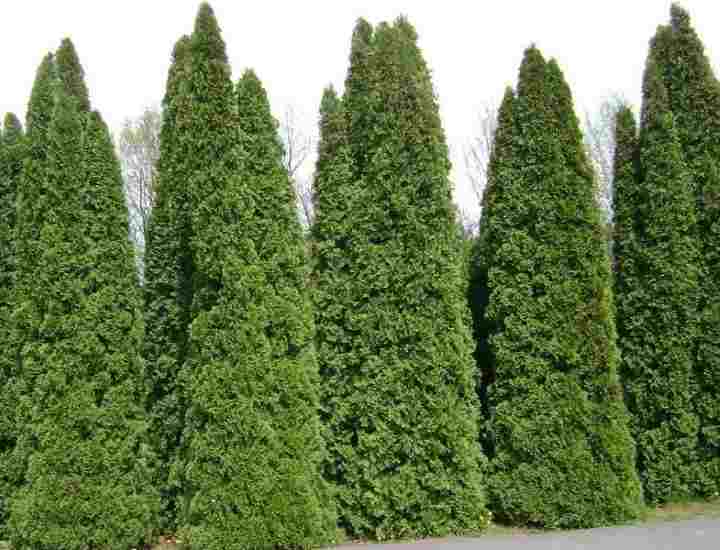
Types of Cedar Trees with Identification Guide (Pictures, and Name) Including False Cedar
2. Fertilizer. Cedar hedges need regular feeding to produce lush, healthy growth. Feed your cedar hedge in early spring, using an organic-based tree and shrub plant food with an NPK ratio such as 18-8-8. Water the hedge thoroughly, as fertilizing dry soil can burn the roots. Sprinkle the fertilizer evenly on the damp soil under the shrub.

Best Selling California Trees & Shrubs For Sale Nature Hills
How to Plant. Dig a hole at least three times as wide as the tree's root ball when planting. Add 25 percent compost, peat, or aged manure to the soil to help it drain, put the root ball in the hole, and return the soil and organic mix to surround the tree. Tamp the soil lightly, and water it thoroughly.

Everything you need to know about how to plant an emerald cedar Artofit
Remove the cedar tree from the container. The tree can be planted as is if the root ball is wrapped loosely in natural burlap, which will eventually rot. Remove twine and metal staples, as well as any plastic "burlap.". Dig a hole slightly deeper than the height of the root ball and at least twice as wide. Place the cedar tree in the center.

Cedar tree Wand Woods, Boreal Forest, Adirondack Mountains, Cedar Trees, Mountain Scene
Select a sunny location carefully and do not plant trees any closer than five feet (1.5 m.) apart. Dig a hole that is three times the size of the cup and use high quality compost and native soil mixture to fill the hole. Place a 2-foot (0.5 m.) stake next to the tree and gently attach the seedling to the stake with garden twine.
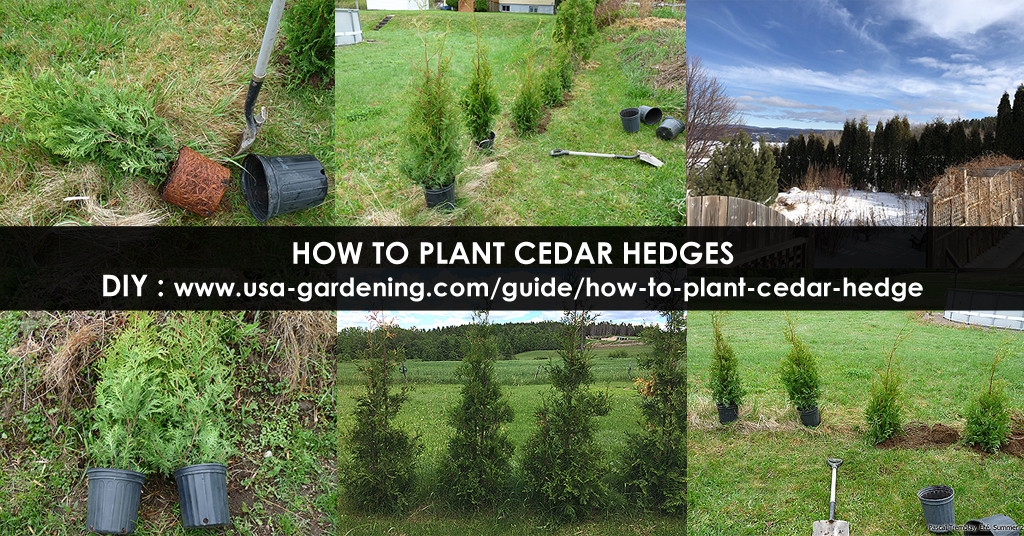
Cedar Hedge Planting Cedar Trees for Privacy Tips
Preparing the Soil Before Planting Cedar Trees in Ontario. Planting cedar trees in Ontario requires preparation of the soil. The most important step is to ensure that the soil is properly aerated and well-drained. To achieve this, it is best to dig a hole that is twice as wide as the tree's root ball and slightly deeper than the root ball.

Pantry Art Journal Busy, busy and....."More Tea Vicar?"
These trees are a popular choice for creating a formal hedge or border due to their neat and tidy appearance. One of the main benefits of emerald cedar trees is their fast growth rate. They can grow up to 1-2 feet per year, making them an excellent option if you want a mature hedge quickly. However, they are less tolerant of wet soils and may.

This is just about the only thing that grows under my cedar trees, besides lily of the valley
Pinpoint the best time of year to get a tree in the ground—and give that tree-to-be its best chance at thriving for years to come. By Katelin Hill Updated on Mar 15, 2023 4:55 PM EDT

Cedar trees Top Tips for Cedar Planting Fraser Valley Cedars
7. Align the roots and fill the hole. Point the roots downward as best possible, and fill the remaining hole with the pile of dug up soil. Compact the soil very tightly around the roots, and remove any air pockets. Use good planting soil and fresh compost to guarantee the roots have plenty of nutrients.
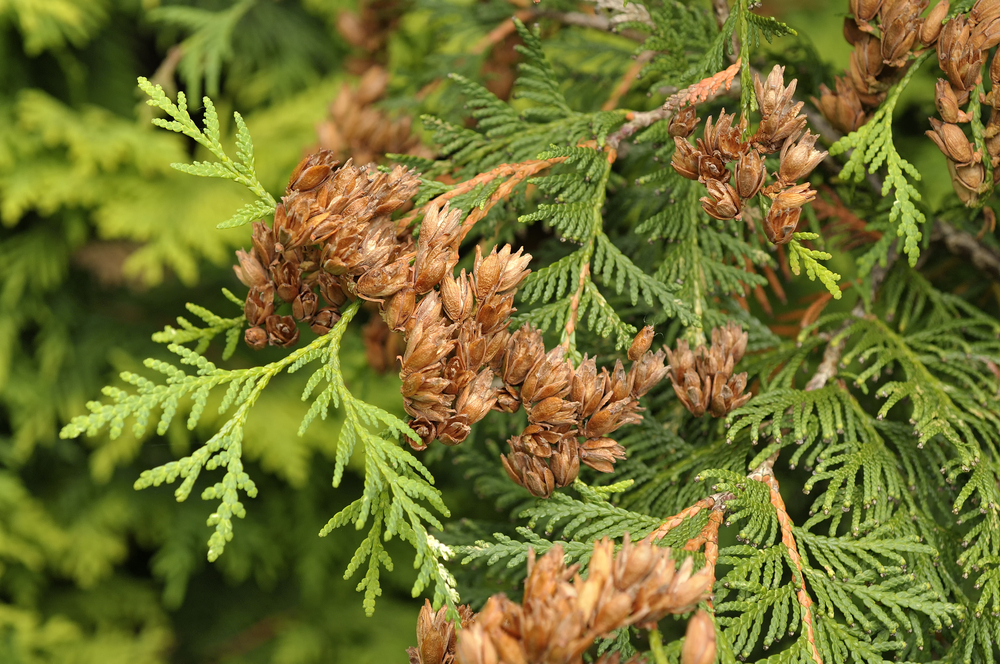
13 Different Types of Cedar Trees (All Cedar Tree Varieties) PlantSnap
Plant cedar after the soil thaws in early spring. You can also plant in the fall, but keep in mind that late summer heatwaves can stress the newly planted tree. How tall do white cedar trees grow? Northern white-cedar is a medium-sized tree, commonly 40 to 50 feet tall and 2 to 3 feet in diameter. A few trees grow tall as large as 80 feet tall.
/477716933-56a98c8e5f9b58b7d0fca019.jpg)
Cedar of Lebanon Growing Profile
Because of this, spring is the best time to plant them. Transplants - Spring is the best time to transplant a tree after the ground has warmed, but before the tree sets buds. Fall is also a viable option; typically, after leaves have fallen, but before the ground freezes. In addition to choosing the best time of year to plant, you'll also.
:max_bytes(150000):strip_icc()/cedar-Chamaecyparis-lawsoniana-big-5eaa71d7776040f09fd2732a0a6e19fd.jpg)
12 Cedar Tree Species for Your Yard
Frequent watering is the best thing you can do to ensure the success of your new plantings, whether cedar or not. Each tree should receive 1 pail of water, poured on slowly, 3 times a week during the heat of the summer. They should be watered a little in the fall too, right up until the ground freezes. Because the trees are evergreen, they.
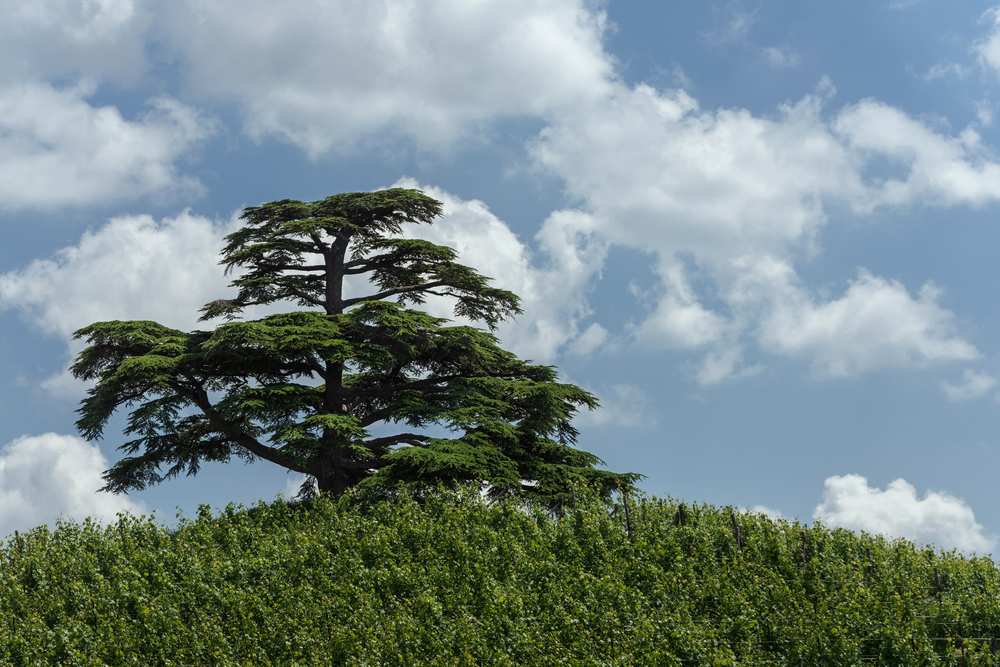
13 Different Types of Cedar Trees (All Cedar Tree Varieties) PlantSnap
Bare-root trees are sold without soil around their roots, making them lightweight and easier to inspect and plant. The best time to plant bare-root trees is in late winter or early spring before they break dormancy. Soaking the roots in water for a few hours before planting can help ensure they don't dry out.
- 16 Towering Heights St Catharines
- Dr Beckmann Colour And Dirt Collector
- 25 The West Mall Unit 700 Etobicoke On
- Can T Execute Code In Break Mode
- Private Homes For Sale In Creston Bc
- Can You Chew Gum With Invisalign
- Olivia Fordham And Ethan Miller Novel
- Jaw Misalignment Consultation Near Me
- Visual Mnemonics Medicine Pdf Free Download
- Someday My Prince Will Come Lead Sheet